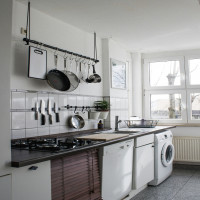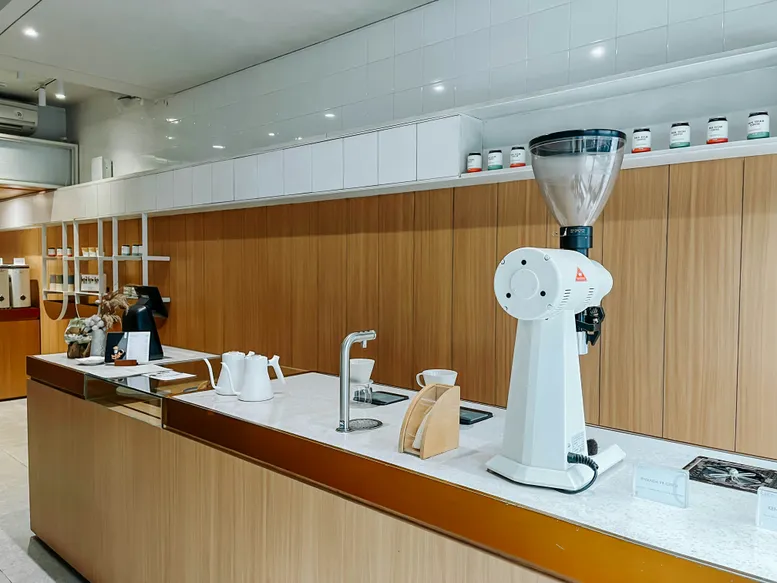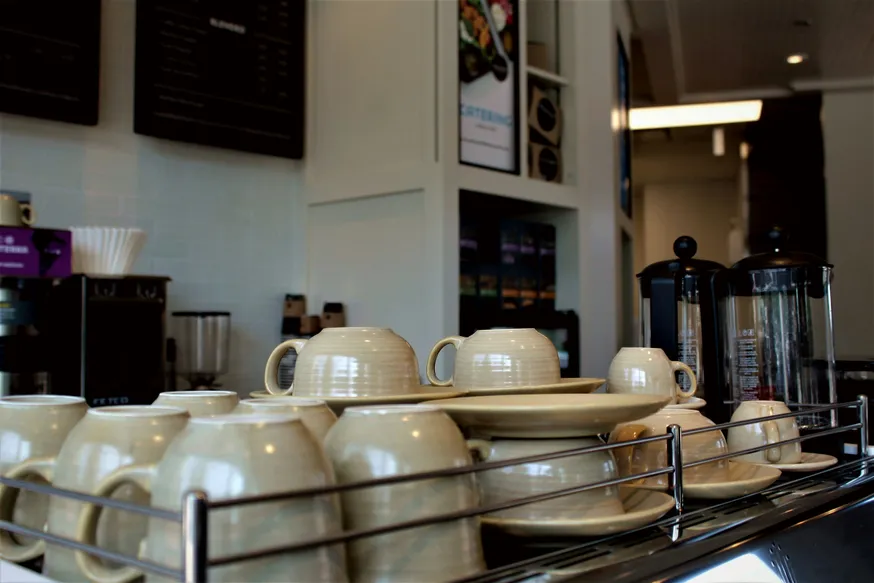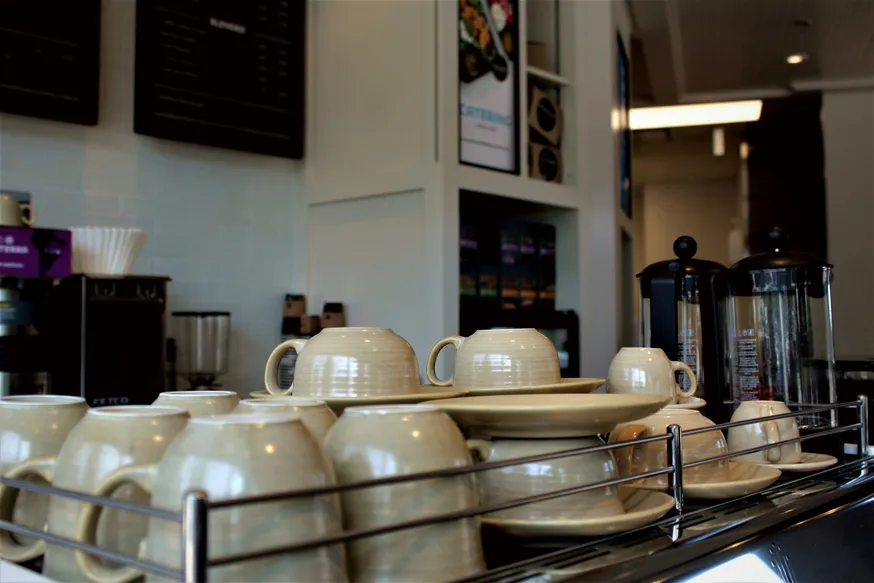Commercial Kitchen Equipment for Multi-Cuisine Restaurants
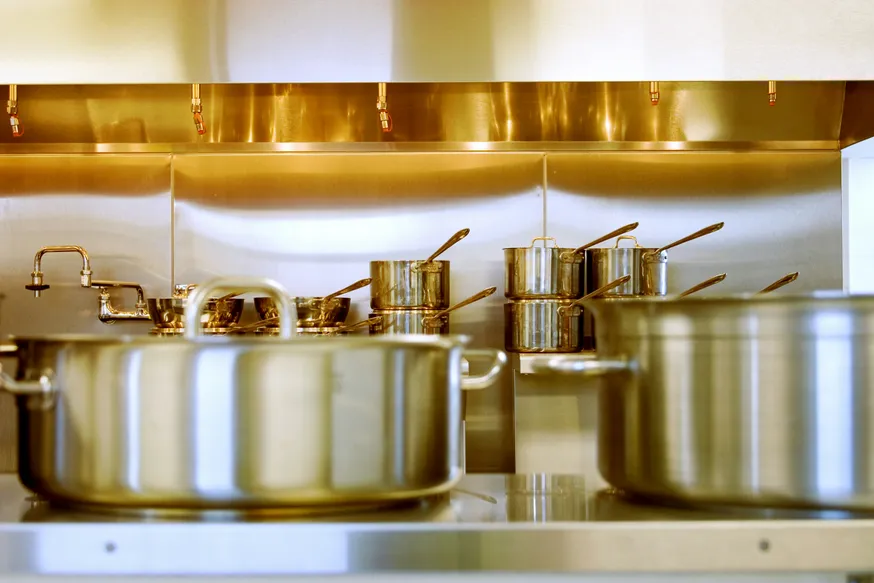
Strong 8k brings an ultra-HD IPTV experience to your living room and your pocket.
Running a multi-cuisine restaurant is both an exciting opportunity and a complex challenge. Unlike niche or single-menu restaurants, multi-cuisine operations serve a diverse range of dishes, each with unique preparation techniques, cooking temperatures, and presentation standards. This diversity demands a well-planned commercial kitchen equipment equipped with versatile, high-performance tools that can handle simultaneous workflows across various cuisines.
Choosing the right commercial kitchen equipment Dubai for a multi-cuisine setup is essential to ensure efficiency, consistency, food safety, and customer satisfaction. This guide will walk you through the core equipment categories you need and how to choose them for multi-cuisine operations.
Understanding the Needs of a Multi-Cuisine Kitchen equipment
A multi-cuisine restaurant typically offers food from two or more cultural backgrounds—such as Indian, Italian, Chinese, Middle Eastern, or Continental menus. This creates challenges in workflow management, space optimization, ingredient storage, and flavor separation.
To meet these demands, kitchen equipment must be:
Flexible and multi-functional
Durable for heavy use
Easy to clean and maintain between cuisine switches
Capable of high-speed output without compromising quality
1. Cooking Line Equipment: Focus on Versatility
The cooking line is the heart of your kitchen. For multi-cuisine operations, the ability to switch between different cooking methods—like stir-frying, baking, grilling, or steaming—is critical.
Essential equipment includes:
Gas and electric ranges: Look for heavy-duty models with multiple burners and variable heat controls for Indian, Chinese, and Western cooking styles
Flat-top griddles and charbroilers: Ideal for grilling kebabs, burgers, and Asian dishes
Combi ovens: These versatile ovens can bake, roast, steam, or reheat, making them suitable for everything from breads and meats to desserts
Tandoor ovens: For Indian and Middle Eastern menus, a tandoor is a must-have for naan, roti, and grilled skewers
Induction cooktops: Ideal for low-heat prep, sauces, or quick warming, offering safety and energy efficiency
For smooth cross-cuisine operations, consider modular cooking stations that can be rearranged or upgraded over time.
2. Prep Equipment: Speed and Hygiene
Multi-cuisine kitchens require prep stations that accommodate diverse ingredients and large volumes.
Key prep equipment includes:
Vegetable cutters and food processors: Reduce manual prep time for onions, garlic, herbs, and vegetables used in various cuisines
Meat slicers and grinders: Important for Western dishes, shawarma, kebabs, and Italian sausages
Commercial mixers: Useful for batters, doughs, and sauces common across Asian, Indian, and European menus
Stainless steel worktables: Ensure your prep areas are hygienic, spacious, and durable
Color-coded cutting boards and separate prep zones are also important to prevent cross-contamination between meats, dairy, and vegetarian items.
3. Refrigeration and Cold Storage
With multiple ingredients from various cuisines—such as dairy, sauces, seafood, vegetables, and frozen meats—you’ll need a well-organized refrigeration system.
Recommended refrigeration units:
Reach-in refrigerators and freezers: Ideal for bulk storage of perishables with adjustable shelving
Undercounter fridges: Great for keeping items close to prep stations
Refrigerated prep tables: Combine cold storage with work surfaces for assembling pizzas, salads, or sandwiches
Blast chillers: Essential for food safety in high-volume or batch cooking
Temperature consistency and HACCP-compliant storage are key to running a safe and efficient multi-cuisine kitchen.
4. Storage Solutions: Dry, Wet, and Utensil Storage
Multi-cuisine operations use a wide variety of dry spices, oils, canned goods, and utensils. Organized and accessible storage is crucial.
Install:
Wall-mounted shelving: For dry goods and small kitchen tools
Ingredient bins: For rice, lentils, flour, and sugar
Under-counter cabinets: Store utensils, cutting tools, and cleaning supplies
Stainless steel racks: For pots, pans, and lids of different sizes
A clutter-free kitchen improves hygiene, productivity, and food safety.
5. Specialized Equipment Based on Cuisine
Depending on your cuisine mix, you’ll need certain specialty appliances:
For Asian cuisine:
Wok burners
Rice cookers
Steamers or dim sum stations
For Indian cuisine:
Deep fryers for samosas and pakoras
Tandoors
Gravy cookers or tilting braising pans
For Italian or Continental cuisine:
Pizza ovens (deck or conveyor)
Pasta boilers
Salamanders or cheese melters
For Middle Eastern cuisine:
Shawarma grills
Meat mincers
Flatbread warmers
Choosing the right balance between general-purpose and specialty equipment helps maintain food authenticity while streamlining operations.
6. Dishwashing and Sanitation Stations
An efficient dishwashing system is essential for maintaining hygiene in a multi-cuisine kitchen where large volumes of dishes, pans, and utensils are used.
Consider:
High-speed dishwashers: Conveyor or hood-type machines that handle continuous loads
Three-compartment sinks: For manual washing, rinsing, and sanitizing
Handwashing stations: Located at key points for staff hygiene
Grease traps and drainage systems: To comply with regulations and avoid plumbing issues
Proper sanitation equipment ensures compliance with health codes and improves kitchen safety.
7. Ventilation and Exhaust Systems
Different cuisines involve different levels of smoke, grease, and steam. A well-designed exhaust and ventilation system is crucial for air quality, safety, and staff comfort.
Ensure:
Exhaust hoods are appropriately sized for each cooking station
Grease filters and ducts are cleaned regularly
Make-up air units supply fresh air into the kitchen
Temperature control systems are in place to manage heat from multiple active cooking zones
Customized ventilation ensures your kitchen is comfortable, compliant, and free of lingering odors from diverse food prep.
8. POS and Kitchen Display Systems
Multi-cuisine restaurants often face the challenge of handling different menu categories, order priorities, and table types. A modern POS system integrated with kitchen display screens (KDS) can help streamline service.
Benefits include:
Organized ticket printing by cuisine or station
Accurate time tracking for each dish
Real-time order updates to reduce errors
Better communication between front-of-house and kitchen staff
Technology enhances coordination, which is essential when multiple cuisines are being served simultaneously.
Work With a Trusted Equipment Partner
Setting up a multi-cuisine commercial kitchen requires expert planning, durable equipment, and layout efficiency. At Mariot Kitchen Equipment, we understand the unique demands of diverse food menus and high-volume kitchens. Whether you operate a buffet, fine dining restaurant, or fast-casual eatery, our team will help you source the right mix of general-purpose and specialty equipment.
We offer:
Full kitchen layout planning
Local stainless steel fabrication
Energy-efficient and compliant appliances
Equipment installation, maintenance, and customization
Equipment for restaurants, hotels, cafeterias, and cloud kitchens
Contact Mariot Kitchen Equipment
Email: [email protected]
Landline: +97142882777
Mobile: +971509955446
Follow Mariot Kitchen Equipment Online
YouTube
Visit Our Locations
Mariot Kitchen Equipment - Dubai Branch
Mariot Kitchen Equipment - Sharjah Al Majaz Branch
Mariot Kitchen Equipment - Sharjah Factory
Mariot Kitchen Equipment - Abu Dhabi
Mariot Kitchen Equipment - Al Ain
Note: IndiBlogHub features both user-submitted and editorial content. We do not verify third-party contributions. Read our Disclaimer and Privacy Policyfor details.

